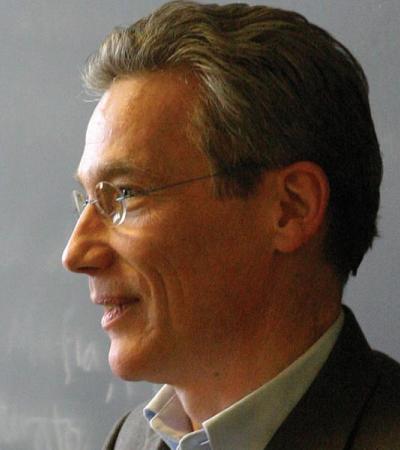The Enduring Presence of Religion in Chilean Ideological Positionings and Voter Options
Abstract
Analysts of Chilean politics assert that the Pinochet dictatorship created a new political cleavage characterized as “authoritarianism versus democracy.” It fostered the formation of two party coalitions that took positions for and against Pinochet’s continuation as head of state in the plebiscite that he lost in October 1988. As a result, they argue, while the religious and class cleavages had powerfully shaped voter options and the party system in the pre-dictatorship past, these fissures have lost their salience in the current context.
Using a survey based on a national sample of urban areas, this paper presents a different perspective. The fact that the two party coalitions created at the time of the plebiscite continue to predominate in the Chilean party system has not obliterated the earlier religious and class divisions. Our main focus here is on religion, and we show that religious and political attitudes continue to be closely interwoven. Religion remains an important factor in shaping voter choices along three polarities: irreligiosity versus religiosity, Catholicism versus Protestantism, and progressive versus traditional forms of religiosity. All three reflect the continuing presence of long-standing religiously based divisions in Chilean politics. The irreligious, Protestants, and religious people with a progressive view of their own religiosity self-place more on the left of the ideological spectrum, and are more supportive of the Concertation coalition that championed the “no” vote that defeated Pinochet.
Resumen
Los analistas de la política chilena generalmente afirman que la dictadura de Pinochet creó un nuevo “clivaje político” que han identificado como “autoritarismo versus democracia”. Este habría fomentado la creación de dos coaliciones de partidos que estuvieron a favor y en contra de que Pinochet continuase como jefe de Estado en el plebiscito que perdió en octubre de 1988. En consecuencia, dichos analistas argumentan que las fisuras socio-políticas que moldearon el comportamiento electoral y el sistema de partidos en el período previo a la dictadura—es decir las ligadas a las diferencias religiosas y de clase social—han perdido su relevancia en el período post-Pinochet.
En base a una encuesta con una muestra nacional de áreas urbanas, presentamos una perspectiva diferente. El hecho de que las dos coaliciones creadas en torno al plebiscito sigan siendo las que predominan en el sistema de partidos chileno no significa que se hayan eliminado las antiguas divisiones religiosas y de clase. Examinamos aquí principalmente las diferencias religiosas, y mostramos que la religiosidad y las actitudes políticas siguen estando estrechamente vinculadas. La religión ayuda a moldear las opciones electorales a través de tres polaridades que vienen de larga data en la política chilena: irreligiosidad versus religiosidad, catolicismo versus protestantismo, y concepciones progresistas versus tradicionalistas de la religiosidad. Las personas irreligiosas, los evangélicos, y los creyentes con una visión progresista de su propia religiosidad se auto-identifican más bien con el centro-izquierda y la izquierda del espectro ideológico, y apoyan en mayor medida a la Concertación de Partidos por la Democracia que propició el “no” que venció a Pinochet.








